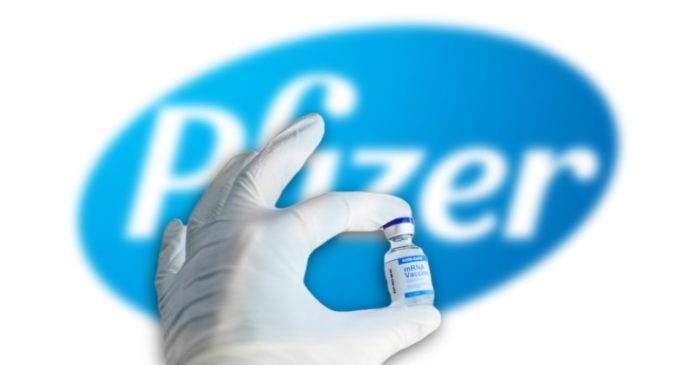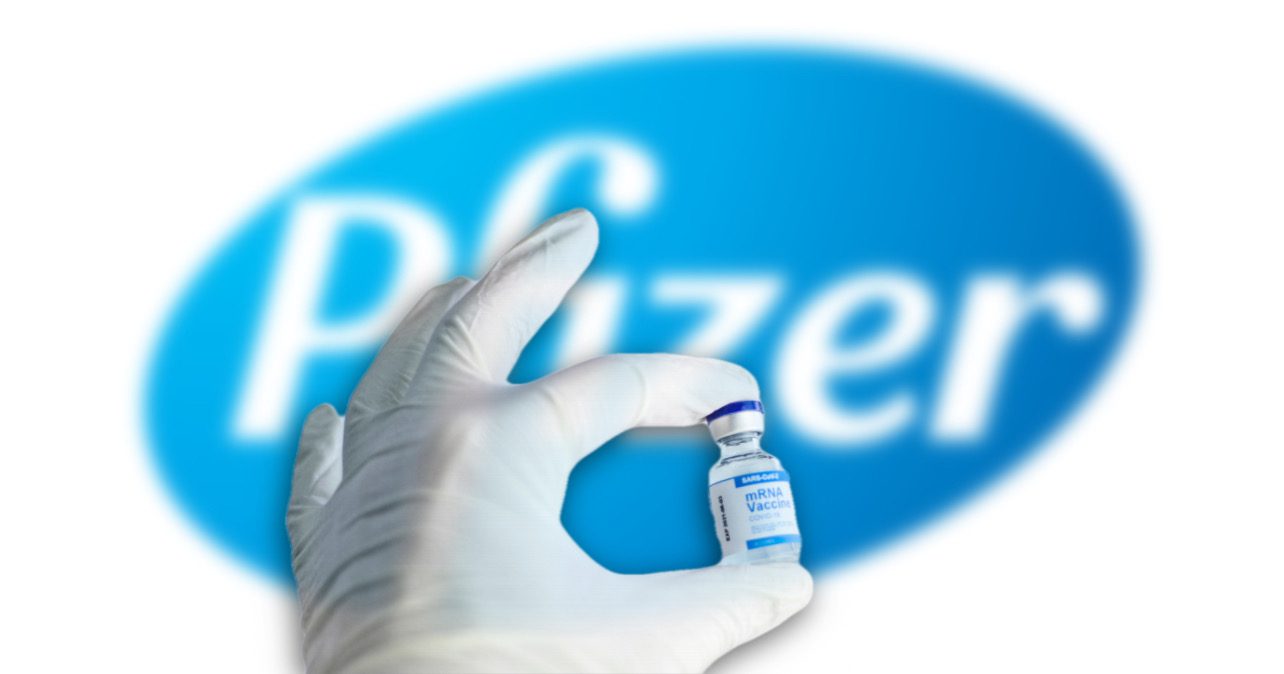During a COVID-19 EU hearing last October, Pfizer’s President of International Developed Markets, Janine Small, admitted that the vaccine had never been tested on its ability to prevent transmission, contrary to what was previously advertised.
During the hearing, when asked by Dutch politician Ross if the Pfizer COVID vaccine tested on stopping the transmission of the virus before it entered the market, Janine Small responded while smiling,
“Regarding the question around did we know about stopping immunization before it entered the market? No. We have to really move at the speed of science to really understand what is taking place in the market.”
This statement was confirmed by an unredacted Pfizer agreement from a FOIA request with the Slovenian government.
Here is a little snippet that indicates that Pfizer is evolving each component of the “vaccine”, presumably advising all deviations from clinical trial dosages and regimens to each EU member state (and every other country that has taken Pfizer injections).
“The Participating Member State acknowledges that the Vaccine and materials related to the Vaccine, and their components and constituent materials are being rapidly developed due to the emergency circumstances of the COVID-19 pandemic and will continue to be studied after provision of the Vaccine to the Participating Member States under the APA,” according to the documents.
“The Participating Member State further acknowledges that the long-term effects and efficacy of the Vaccine are not currently known and that there may be adverse effects from the Vaccine that are not currently known.”
Pfizer clearly states in the supply contract that the injections are not going to be the same as the clinical trial injections AND it has no clue as to long-term effects or efficacy AND there may be unknown adverse effects that are, presumably, ABOVE and BEYOND the adverse event rate of 24% in the injected group of 21,900 in the Pfizer phase 3 clinical trials v 6% in the 21,900 placebo group in those trials!
In November, The Gateway Pundit reported that big pharmaceutical companies Pfizer and Moderna have both begun clinical tests to investigate whether or not the use of their experimental COVID vaccines may have any long-term adverse effects on a person’s health.
Reports from the Vaccine Adverse Events Reporting System (VAERS) including non-domestic reports showed there are now over 1.4 million cases of COVID-19 vaccine adverse reactions including more than 32,828 deaths through December 9, 2022.
After two years, FDA finally admitted Pfizer’s COVID-19 vaccine had been linked to blood clotting in older individuals based on the result of one of the largest studies of elderly persons aged 65 years and above.
Epoch Times reported:
Researchers looked at data covering 17.4 million elderly Americans who received a total of 34.6 million vaccine doses between Dec. 10, 2020, and Jan. 16, 2022.
The study was published by the journal Vaccine on Dec. 1.
FDA researchers, with assistance from researchers with the Centers for Medicare & Medicaid Services (CMS), analyzed data from the CMS database. They included Medicare Fee-for-Service beneficiaries aged 65 or older who received a vaccine within the timeframe, were enrolled when they were vaccinated, and were enrolled for a “clean window” of time prior to vaccination. The window was 183 days or 365 days, depending on the outcome.
About 25 million people receive the Medicare Fee-for-Service, but only about 17 million were vaccinated during the period of time studied.
Researchers used probability testing to detect an increased risk of one or more of 14 outcomes following vaccination. The goal was to see whether vaccination may increase the risk of adverse outcomes, such as pulmonary embolism, or blood clotting in the lungs. If an outcome met a certain statistical threshold, that meant it could increase the risk.
All three vaccines have been linked to a number of side effects. Heart inflammation is causally linked to the Moderna and Pfizer shots, experts around the world have confirmed, while Johnson & Johnson’s has been associated with blood clots.
Other conditions, such as pulmonary embolism, have been reported to authorities and described in studies, though some papers have found no increase in risk following vaccination.
Approximately 4,214 reports of post-vaccination pulmonary embolism, including 1,886 reports following receipt of Pfizer’s vaccine, have been reported to the U.S. Vaccine Adverse Event Reporting System as of Dec. 9.
As of the same date, 1,434 reports of post-vaccination myocardial infarction, including 736 following receipt of Pfizer’s vaccine; 469 reports of post-vaccination immune thrombocytopenia, including 234 following receipt of Pfizer’s vaccine; and 78 reports of post-vaccination intravascular coagulation, including 42 after receipt of Pfizer’s vaccine, have been reported.
Reports to the system can be made by anybody, but most are lodged by health care workers, studies show. The number of reports are an undercount, according to studies.
The new study states that the FDA “strongly believes the potential benefits of COVID-19 vaccination outweigh the potential risks of COVID-19 infection.” No evidence was cited in support of the belief.
Read more here.





